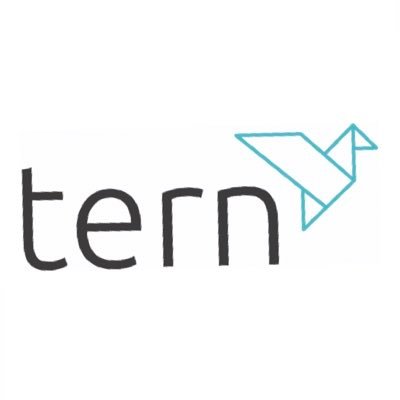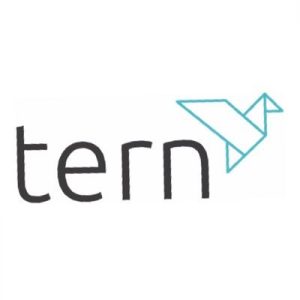The rise of Artificial Intelligence (AI) is revolutionising industries worldwide, with drug marketing standing as one of its most transformative sectors. While the rapid advancements in AI bring excitement, they also bring about concerns—fears of complexity, job replacement, and impacts on security and privacy. However, AI, particularly AI-driven intelligence, isn’t here to replace human insight; rather, it complements and enhances it, driving marketing strategies in the pharmaceutical industry towards greater precision and efficiency.
AI tools, such as Drug-GPT, harness curated conversational data to shape drug marketing strategies and dispel common fears surrounding AI adoption. These tools are not as complex as often imagined and can actually simplify processes that would otherwise be time-consuming. Instead of replacing human input, AI augments human expertise by handling repetitive tasks like data analysis, leaving strategists to focus on more creative aspects of marketing. AI-driven intelligence also ensures that decision-making remains rooted in context, providing meaningful insights that align with broader strategic goals.
One key myth about AI in pharma is that it’s too complex to implement. In reality, tools like Drug-GPT are designed with user-friendliness in mind, enabling marketers to extract actionable insights from conversational data without needing deep technical expertise. This makes AI a powerful ally in identifying trends and measuring sentiments from patients and healthcare professionals (HCPs), while ensuring that human intuition and strategy remain at the forefront.
Another concern is that AI might replace human creativity or jobs, but this is far from the case. AI is designed to support human decision-making, not to make decisions independently. By analysing large amounts of unstructured data, AI tools like Drug-GPT provide marketers with critical insights into how messages resonate with different groups. These insights are invaluable for refining strategies but are meant to work alongside human creativity, not replace it.
AI also addresses the fear that it might make marketing decisions in isolation, without understanding the context. In fact, AI tools such as Drug-GPT are designed to work hand-in-hand with human insight, offering data-driven recommendations while keeping the broader strategic goals in focus. By measuring sentiment and understanding feedback from both patients and HCPs, AI ensures that decisions align with the marketing team’s objectives.
The real value of AI in drug marketing lies in its ability to unlock actionable intelligence, measure ROI, and enhance precision. Drug-GPT analyses conversations from various sources to uncover trends, identify concerns, and help marketers create campaigns that resonate more deeply with their audience. With AI’s ability to track the impact of messaging over time, marketing teams can adjust strategies in real-time, improving alignment with evolving insights and performance trends. This leads to more effective campaigns and stronger connections with both patients and HCPs.
AI-driven intelligence is more than just a buzzword—it’s a transformative tool that is reshaping the future of drug marketing. By understanding how AI can complement human decision-making, pharmaceutical marketers can leverage it to optimise strategies, enhance efficiency, and strengthen relationships with their target audience. As AI continues to play a pivotal role in shaping drug marketing in the coming years, its potential to drive smarter, data-driven decisions will be crucial for success.
Tern plc (LON:TERN) backs exciting, high growth IoT innovators in Europe. They provide support and create a genuinely collaborative environment for talented, well-motivated teams. The Talking Medicines mission is to be the World’s Gold Standard for Patient Intelligence by Medicine.


